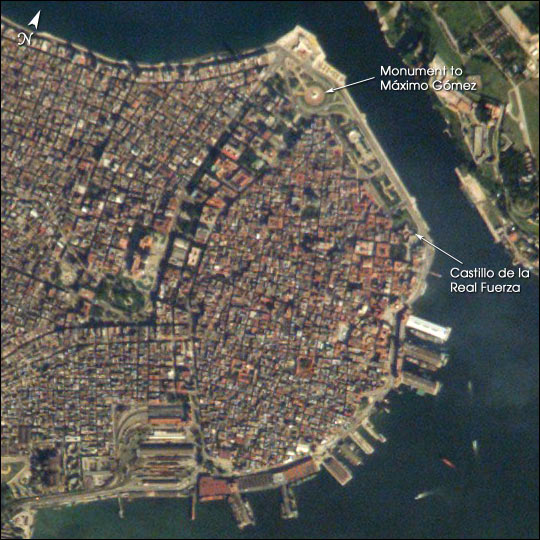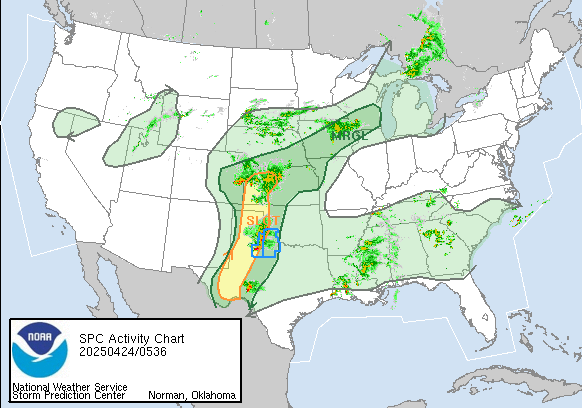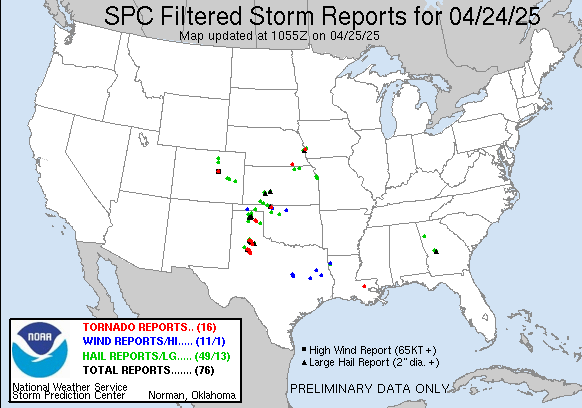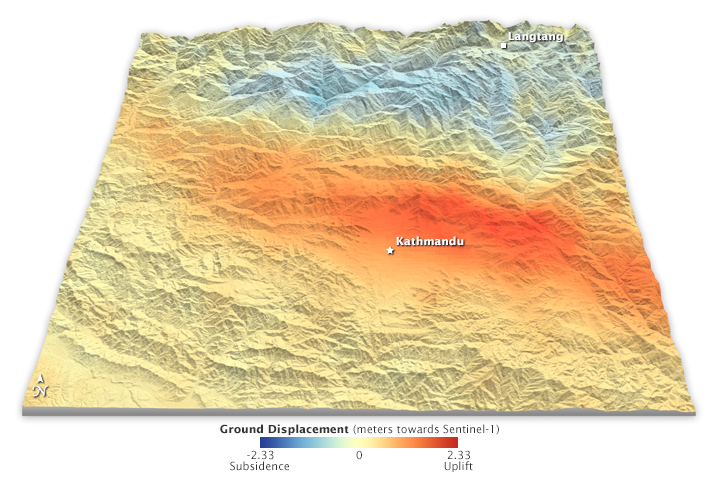Archive for February, 2016
Ebola survivors are still struggling with long-term neurological and psychiatric problems
Friday, February 26th, 201682 Ebola survivors in Liberia
Average age was 35
At least six months after they were first infected with the virus, most had some type of neurological issue.
Weakness
Headache
Memory loss
Depressed mood
Muscle pain
Tremors
Abnormal eye movements
Irregular reflexes
Czech health officials on Thursday announced the first cases of Zika virus in the Czech Republic
Thursday, February 25th, 2016US: More than a dozen tornadoes touched down Wednesday killing 7.
Thursday, February 25th, 2016** Four killed in Virginia
** 3 killed in the South
** 16 tornadoes — 8 in Virginia, 5in North Carolina and 3 in Florida
** Some 209,000 customers were without power Wednesday
** More than 2,800 U.S. flights were canceled
Texas Medical Center institutions released the country’s first hospital-based rapid tests for the Zika virus
Wednesday, February 24th, 2016
“…..The tests are customized to each hospital’s diagnostic laboratory and will provide results within several hours. They can be performed on blood, amniotic fluid, urine or spinal fluid….”
A small plane with 23 people including two foreigners on board and flying in poor visibility over mountainous terrain in Nepal on Wednesday is missing and officials fear it has crashed.
Wednesday, February 24th, 2016* The first imported human case of avian influenza A(H7N9) in Hong Kong this winter
Wednesday, February 24th, 2016
The Controller of the Centre for Health Protection (CHP) of the Department of Health (DH), Dr Leung Ting-hung, announced today (February 23) the investigation into the first imported human case of avian influenza A(H7N9) in Hong Kong this winter, and again urged the public to maintain strict personal, food and environmental hygiene both locally and during travel.
“Due to the seasonal pattern, our risk assessment shows that the activity of avian influenza viruses is expected to remain at a high level in winter months. In view of this sporadic case, the public, particularly travellers and those who may visit the Mainland, should heighten vigilance. Do not visit poultry markets and farms. Avoid poultry contact,” Dr Leung said at a briefing this evening.
The male patient, aged 60 with good past health, lives and works in Suzhou, Jiangsu. He came to Hong Kong on February 5 and reported onset of fever, chills, rigor, cough and shortness of breath since February 8. He consulted a private doctor on February 10 and 11 who referred him to Pamela Youde Nethersole Eastern Hospital (PYNEH) for management on February 11. Upon admission and laboratory testing by PYNEH, his specimen collected on February 12 preliminarily tested negative for influenza A. He was discharged on February 15. Clinical diagnosis was pneumonia and he has been in stable condition all along.
The man subsequently sought advice from another private doctor on February 18 and 22. Further testing by the CHP’s Public Health Laboratory Services Branch on his specimens taken on February 12 returned a result that was today confirmed as being positive for avian influenza A(H7N9) virus. He has been admitted to the Hospital Authority Infectious Disease Centre (HAIDC) in Princess Margaret Hospital today for further management.
The patient visited a wet market near his residence in Suzhou in which he reported no poultry contact.
Initial enquiries revealed the patient’s afebrile son with sore throat since February 22, who has also been admitted to the HAIDC for observation this evening. To date, his wife has remained asymptomatic while tracing of the patient’s other close contacts in Hong Kong is ongoing.
“The case will be notified to the World Health Organization and the National Health and Family Planning Commission. We are communicating with the Mainland health authority to follow up on the patient’s exposure and movements in the Mainland. Based on information available thus far, it is classified as an imported case. Investigations are ongoing,” Dr Leung said.
Letters to doctors, hospitals, kindergartens, child care centres and primary and secondary schools as well as residential care homes for the elderly and the disabled will be issued to alert them to the latest situation.
This is the 14th imported human case of avian influenza A(H7N9) confirmed in Hong Kong. Since March 2013 to date, 707 cases have been reported in the Mainland, while from October 2015, 50 have been reported.
The DH’s Port Health Office conducts health surveillance measures at all boundary control points. Thermal imaging systems are in place for body temperature checks on inbound travellers. Suspected cases will be immediately referred to public hospitals for follow-up.
The display of posters and broadcast of health messages in departure and arrival halls as health education for travellers is under way. The travel industry and other stakeholders are regularly updated on the latest information.
Travellers, especially those returning from avian influenza-affected areas with fever or respiratory symptoms, should immediately wear masks, seek medical attention and reveal their travel history to doctors. Healthcare professionals should pay special attention to patients who might have had contact with poultry, birds or their droppings in affected areas.
The public should remain vigilant and take heed of the advice against avian influenza below:
* Do not visit live poultry markets and farms. Avoid contact with poultry, birds and their droppings;
* If contact has been made, thoroughly wash hands with soap;
* Avoid entering areas where poultry may be slaughtered and contact with surfaces which might be contaminated by droppings of poultry or other animals;
* Poultry and eggs should be thoroughly cooked before eating;
* Wash hands frequently with soap, especially before touching the mouth, nose or eyes, handling food or eating; after going to the toilet or touching public installations or equipment (including escalator handrails, elevator control panels and door knobs); and when hands are dirtied by respiratory secretions after coughing or sneezing;
* Cover the nose and mouth while sneezing or coughing, hold the spit with a tissue and put it into a covered dustbin;
* Avoid crowded places and contact with fever patients; and
* Wear masks when respiratory symptoms develop or when taking care of fever patients.
The public may visit the CHP’s pages below for more information:
* The avian influenza page (www.chp.gov.hk/en/view_content/24244.html);
* The weekly Avian Influenza Report (www.chp.gov.hk/en/view_content/3879.html);
* The avian influenza-affected areas and global statistics (www.chp.gov.hk/files/pdf/global_statistics_avian_influenza_e.pdf);
* The Facebook Page (www.fb.com/CentreforHealthProtection); and
* The YouTube Channel (www.youtube.com/c/ChpGovHkChannel).
Ends/Tuesday, February 23, 2016
Issued at HKT 20:17
Pauline Cafferkey was transferred to the Royal Free Hospital due to a late complication from her previous infection by the Ebola virus.
Wednesday, February 24th, 2016
She had been hospitalized at the hospital’s isolation unit twice before—once for her initial infection and for Ebola-related meningitis.
Cuba Mobilizes 9,000 Military To Fight Zika-bearing Mosquito
Wednesday, February 24th, 2016“…..Though no cases of Zika have yet been detected in Cuba, Castro warned that factors do exist, such as poor environmental sanitation and adverse weather conditions, that “increase the risk of these diseases spreading.”……”









